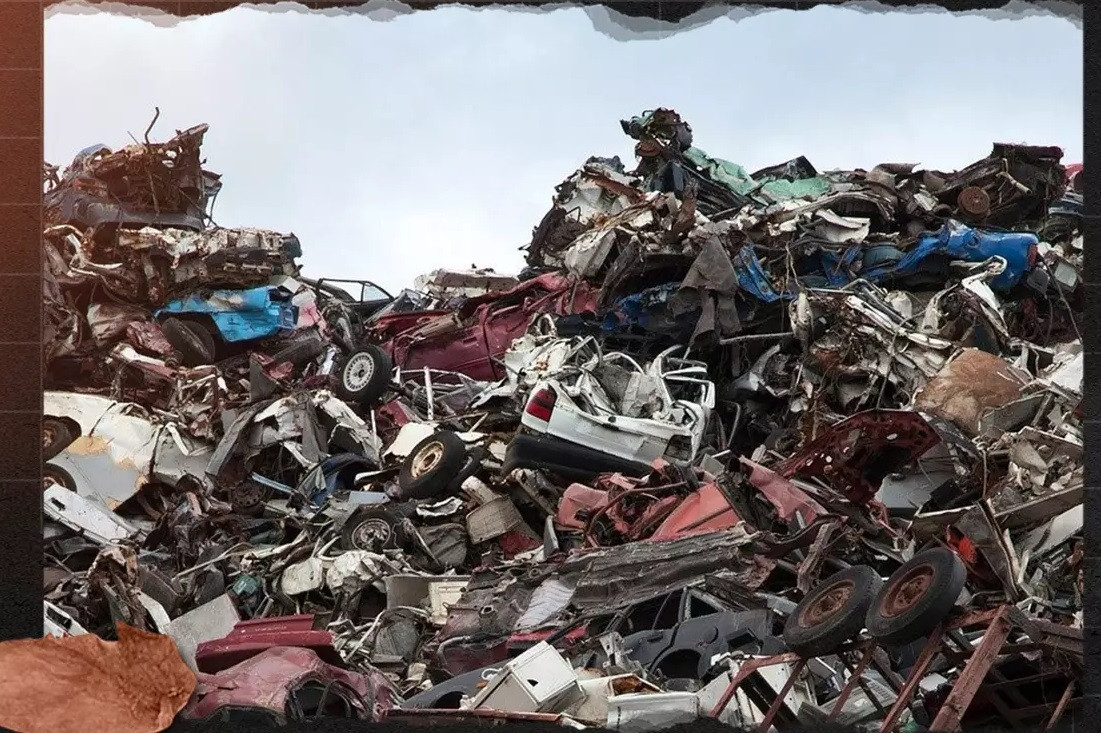
According to statistics from the Department of Renewable Energy (General Department of Energy - Ministry of Industry and Trade), the annual amount of waste generated in Vietnam is huge, with nearly 35,000 tons of solid waste in cities and 34,000 tons of waste in the rural. Big cities like Hanoi and Ho Chi Minh City discharge 7,000 to 8,000 tons of waste each day.
Meanwhile, Vietnam has about 1,000 landfills for domestic waste, of which less than 20% meet sanitary standards. Environmental pollution at hundreds of landfills is a reality.
Most of the landfills receive domestic solid waste that has not been classified at the source, with high organic composition, so its stability is low, occupies a large area of land, and generates high amount of leachate. Many unsanitary landfills have been a source of environmental pollution, affecting the surrounding community.
Experts say that if waste is buried or burned as it has been processed long ago, it will waste 55% - 67% of the biomass and organic matter in solid waste. If the waste is recycled and reused, Vietnam can save billions of US dollars.
In the US, which has the largest amount of waste every day in the world, the average waste discharged is about 2.2 kg per person a day. Garbage brings "huge" profits for US companies, when the stock price of garbage collection companies has increased by about 60% in the past two years.
In addition to the garbage disposal fee in urban areas of more than 53 USD/ton, American waste treatment companies also exploit gas from buried waste. According to the US Energy Information Administration, gas from landfills generates 10.5 billion KWh of electricity per year, which is enough for over 800,000 households for a year.
In Sweden, the heat from burning garbage provides most of the heat for the country's nearly 10 million people during the winter. In addition, the waste is also treated into bio-fertilizer and biogas.
Sweden has developed its circular economy philosophy to new heights with the motto "changing the mindset of consumption leads to a change of mindset of production".
In 2018, Japan launched a campaign to collect used equipment and electronics to extract gold, silver and copper to cast medals for the Olympic Tokyo 2020.
As an island nation with very limited natural resources, since 1980, Singapore has developed the technology of turning waste into energy with the construction of four factories, treating 90% of the country's waste with a daily capacity of up to 1,000 tons of waste.
Vietnam needs to take action very soon
Waste recycling not only brings economic benefits but also makes sense in environmental protection, creating a source of input materials for other manufacturing industries such as paper, plastic, metal, glass…
Many businesses in the paper and plastic industries are looking forward to the government’s implementation of the recycling industry plan to help Vietnamese enterprises have enough production materials.
Mr. Jan Zellmann, founder and director of the Reform Plastic recycling project in Vietnam, said that recycling plastic waste such as plastic bags, straws, plastic cups, milk cans, Styrofoam containers, and industrial plastic-containing materials is the solution that can create profit for waste treatment businesses and replace incineration or landfill methods.
Vietnam can completely reduce the challenges of plastic waste by collecting and turning low-value waste into products with use and commercial value.
Mr. Ngo Nhu Hung Viet, Deputy General Director of Vietstar Company, the operator of a solid waste recycling plant at the Northwest Solid Waste Treatment Complex in HCM City, said that it is necessary to identify garbage as a resource and recycling waste is essential.
Vietstar has invested in a waste recycling plant with a capacity of about 1,800 tons/day. Every month, the factory produces about 1,000 tons of organic fertilizer and 300 tons of PE plastic.
However, there are still many barriers for waste recycling firms. Mr. Pham Nguyen Hung - Chairman and General Director of the Power Construction Consulting Joint Stock Company 1 (PECC1) - said that to build a waste treatment plant to generate electricity with modern technology, it requires large investments. However, businesses face many policy barriers, even though capital and technology are ready.
Solutions to take advantage of resources from garbage is necessary to move towards a circular economy. “Circular economy is not only reuse of waste, consider waste as a resource, but also a connection between economic activities in a pre-determined manner, forming a cycle in the economy," said Minister of Natural Resources and Environment Tran Hong Ha.
According to Minister Ha, circular economy is becoming an inevitable trend to meet the requirements of sustainable development in the context of increasingly degraded and depleted resources, polluted environment, and climate change.
To promote the development of the circular economy in Vietnam, he said that it is necessary to implement solutions from raising awareness to perfecting institutions and organizing implementation. In particular, the state needs to perform a major role so that businesses and people can play a central role in building and developing a circular economy in Vietnam.
Duy Anh